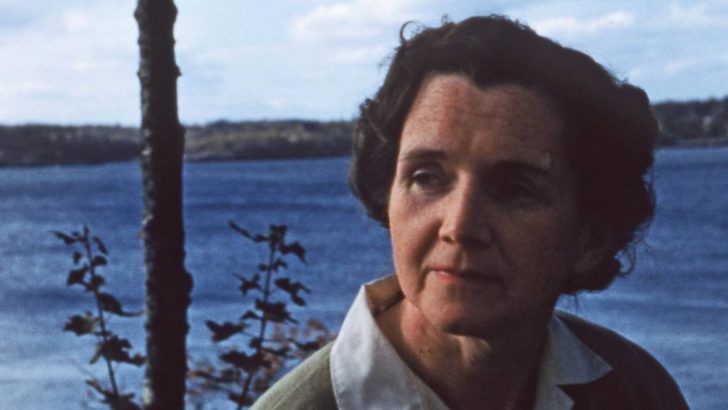Forged In Crisis: The Power of Courageous Leadership in Turbulent Times
by Nancy Koehn (John Murray, £14.99)
Joe Carroll
The five ‘leaders’ discussed in this book are an unusual mix: the Antarctic explorer, Ernest Shackleton; US President Abraham Lincoln; anti-slavery campaigner and ex-slave, Frederick Douglass; German theologian, Dietrich Bonhoeffer; and finally Rachael Carson, author of The Silent Spring.
What they have in common according to the author, Nancy Koehn, a Harvard Business School historian, are leadership qualities which were forged in times of personal crisis. They were not “born leaders”; they made themselves leaders by using the experience of adversity to produce exceptional powers of endurance, even heroism,
The comparisons between the five subjects as examples of leadership can appear strained. Lincoln led his country through a civil war which threatened to split the United States into two countries. Rachael Carson battled serious illness to complete her pioneering work warning of the threat of permanent damage to the natural world by man-made pesticides and chemicals – and plastic waste.
Shackleton (of special interest to us in Ireland) showed enormous courage in ensuring the rescue of the whole crew of his ship, Endurance, a year after they had to abandon it as it was crushed by ice.
Lutheran pastor, Dietrich Bonhoeffer, was executed by the Nazis in April 1945 for his tenuous involvement in the failed plot to assassinate Adolf Hitler.
He was a marked man from the early days of Hitler’s takeover of Germany when he helped to set up the Confessing Church in opposition to the official State Church.
Frederick Douglass showed great fortitude in escaping from a cruel master and risking re-capture and severe punishment while campaigning against the legalised slavery in the southern states.
Each of these tales of endurance and ultimate success (it would be years after his death before Bonhoeffer’s inspirational thinking on “religionless Christianity” would be widely recognised) is well worth the re-telling.
The author’s analysis of what constitutes true leadership, which derives from her Harvard research and teaching, is also valuable and allows us to measure with a critical eye what is often offered as ‘leadership’ in our own times.
She emphasises that “the drive to make their respective marks was important in shaping them. It took each of them some of the way. But then, interestingly, ambition ceased to motivate and influence them as it once had. As they discovered a larger purpose and embraced it, each found his or her impetus, strength and validation in the mission itself.”


 Rachael Carson
Rachael Carson 